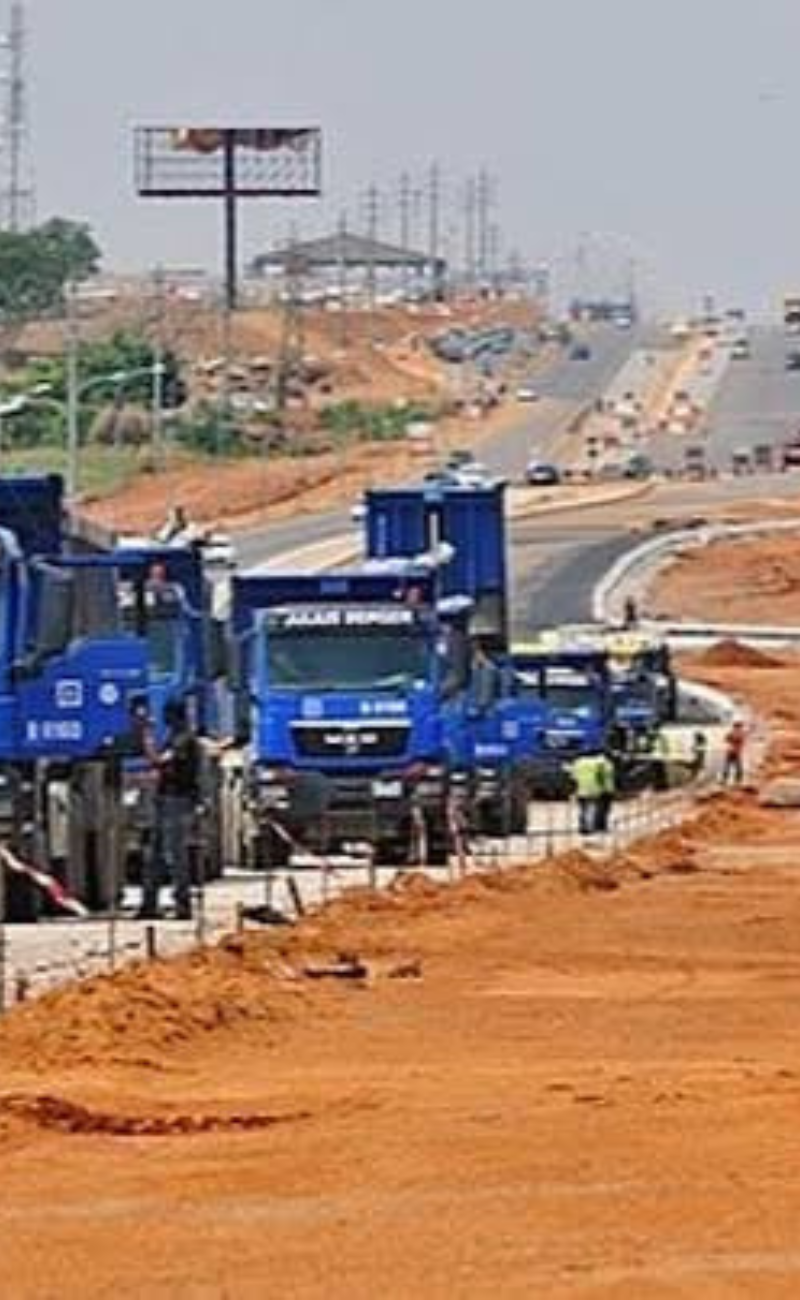In Nigeria’s governance framework, timely submission of the annual budget is critical for maintaining fiscal discipline and service delivery.

President Bola Tinubu will present the 2025 budget proposal to the National Assembly on Tuesday. But the delay raises significant concerns about the legislative process, financial governance, and public accountability.
Concerned about this, the House of Representatives in October called for the submission of the budget or risk rejection.
Importance of timely budget submission
Budgeting is a central pillar of governance. It determines the allocation of resources across sectors and outlines the government’s priorities for the fiscal year. Early submission provides legislators sufficient time to scrutinize and amend the budget before approval. This ensures errors are identified and corrected; allocations reflect national development goals; and transparency is upheld in public finance management.
What the Fiscal Responsibility Act says
The Fiscal Responsibility Act (FRA) of 2007 guides budget preparation and submission timelines. According to Section 18 (1) of the Act, the President is required to submit the budget proposal for the following fiscal year to the National Assembly “not later than the end of September of each financial year.”
This provision aims to ensure that the legislature has ample time to scrutinize, debate, and approve the budget before the start of the fiscal year on January 1. By adhering to this timeline, the legislature will be able to conduct thorough reviews without undue time pressure, and public services funding will not be disrupted.

Implications of late budget submission
- Limited Legislative Oversight: A delay compresses the timeframe available for lawmakers to analyze the proposal, hold debates, and engage stakeholders. This may result in insufficient scrutiny, increasing the likelihood of unchecked allocations or inconsistencies.
- Rushed Approval Processes: When time is limited, lawmakers may fast-track the approval process to meet fiscal year deadlines. This compromises the depth of analysis required to evaluate a budget as comprehensive as Nigeria’s, given its size and complexity.
- Operational Disruptions: Ministries, Departments, and Agencies (MDAs) depend on approved budgets for their annual operations. Delays in budget approval often lead to delayed disbursement of funds, which can stall ongoing projects, especially in infrastructure, education, and healthcare.
- Economic Instability: Budget delays can create uncertainty for investors, businesses, and international partners who rely on clear fiscal policy direction. Prolonged indecision could dampen economic activity, deter investments, and exacerbate existing challenges like inflation and unemployment.
READ ALSO: OrderPaper Gets Commendation for Fiscal Reforms Advocacy
Underlying concerns
Citizens expect timely budgeting as part of efficient governance. Persistent delays erode trust in the government’s ability to manage finances effectively, particularly in Nigeria where transparency and accountability are already concerns.
Timely budget submission is a hallmark of effective governance. President Tinubu’s administration must recognise the broader implications of delays, not only on legislative processes but also on public confidence and economic performance. Moving forward, efforts should be made to institutionalise practices that ensure budget timelines are met consistently.



